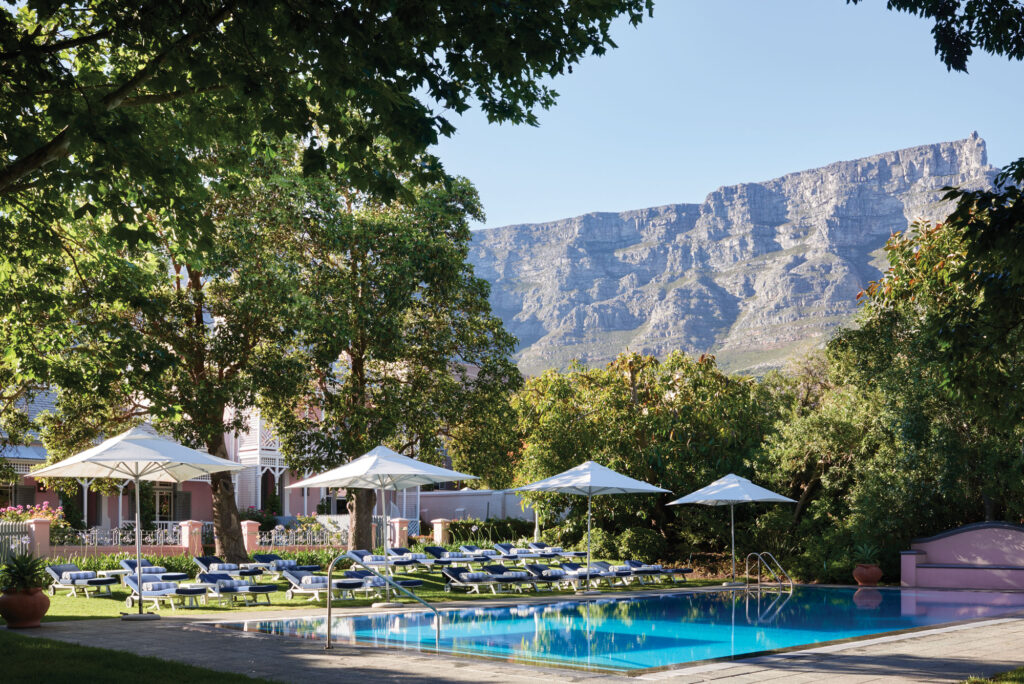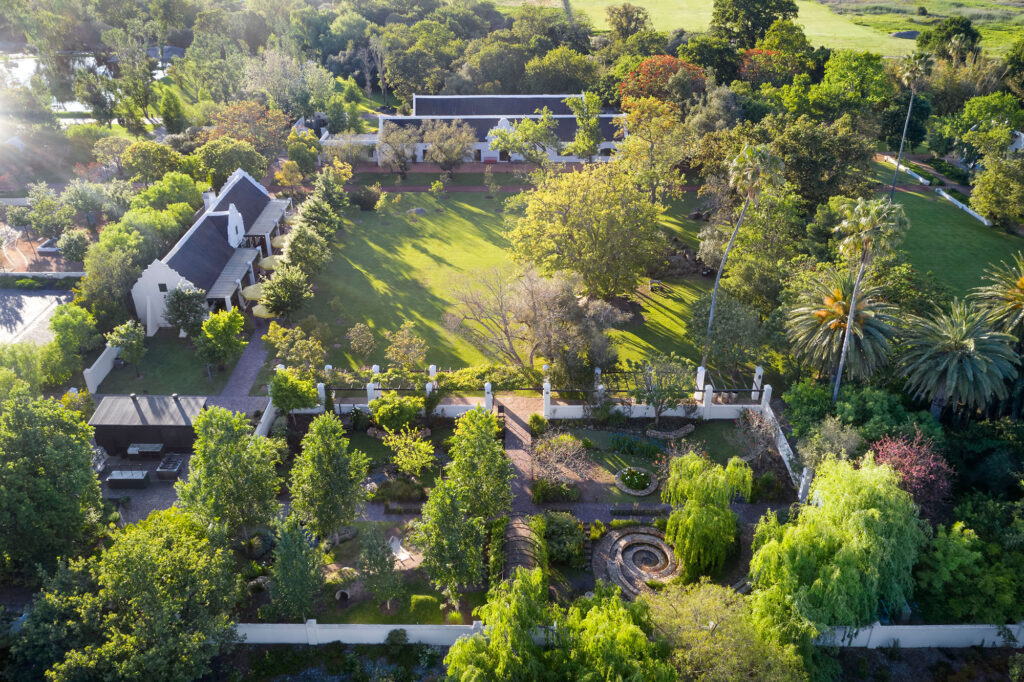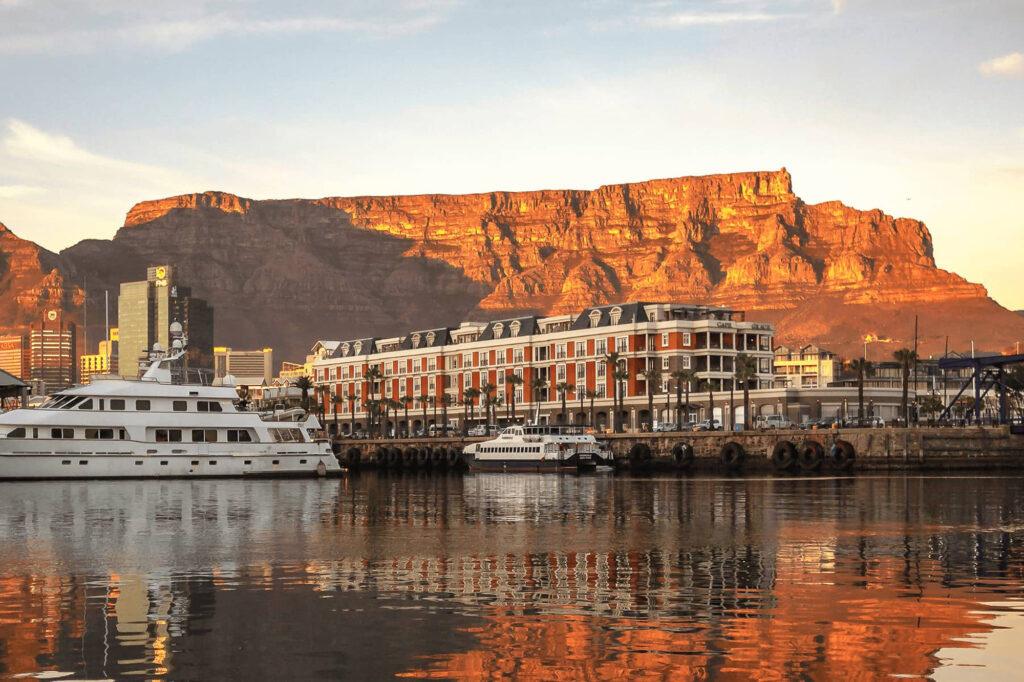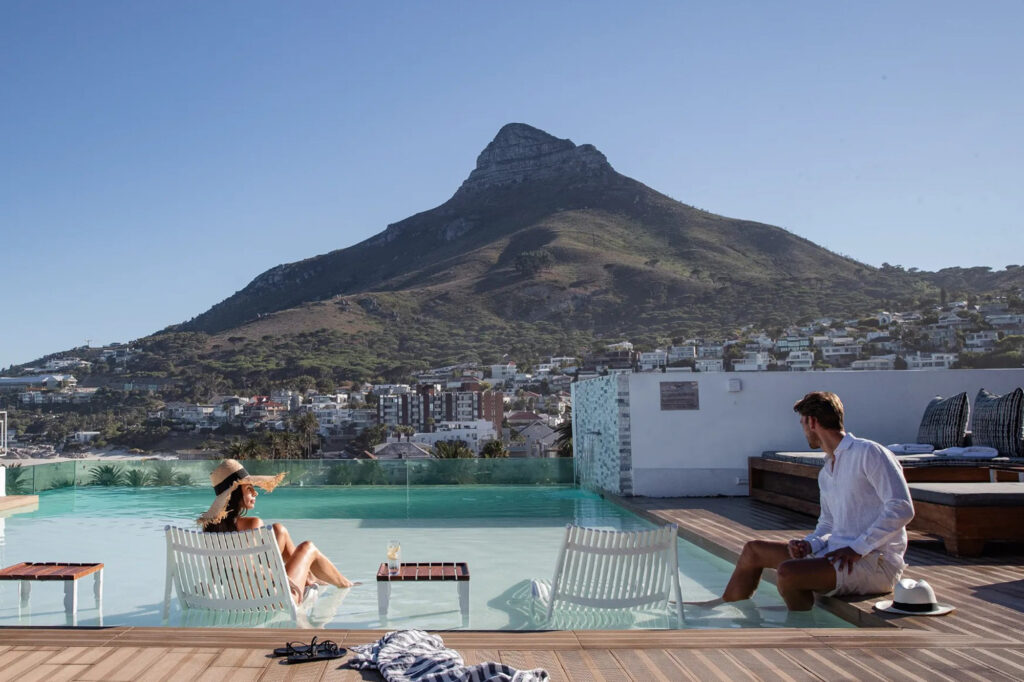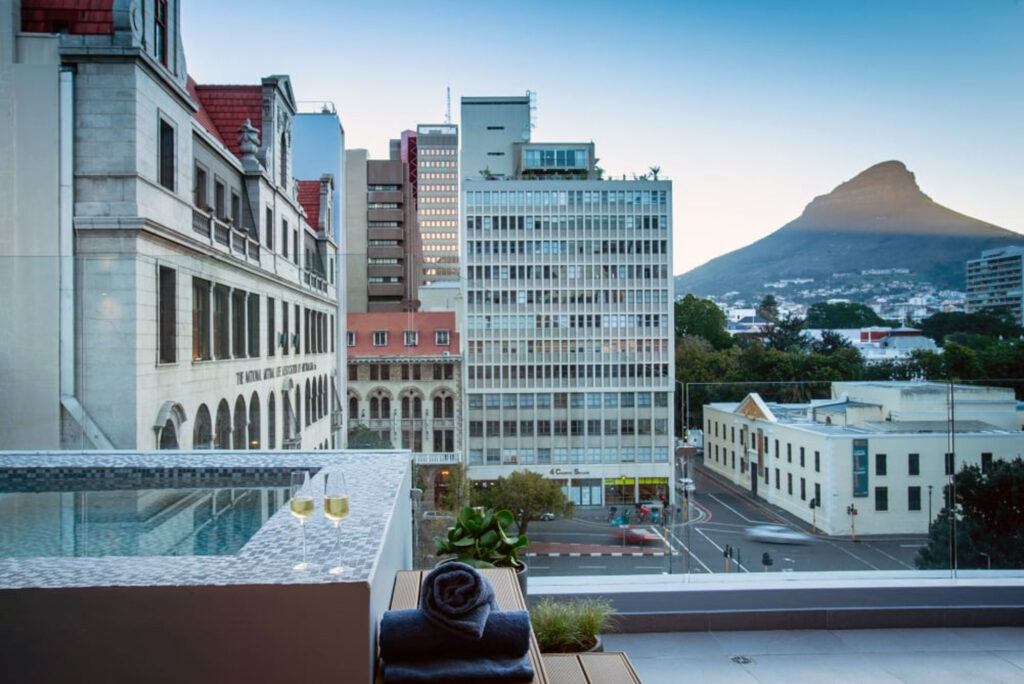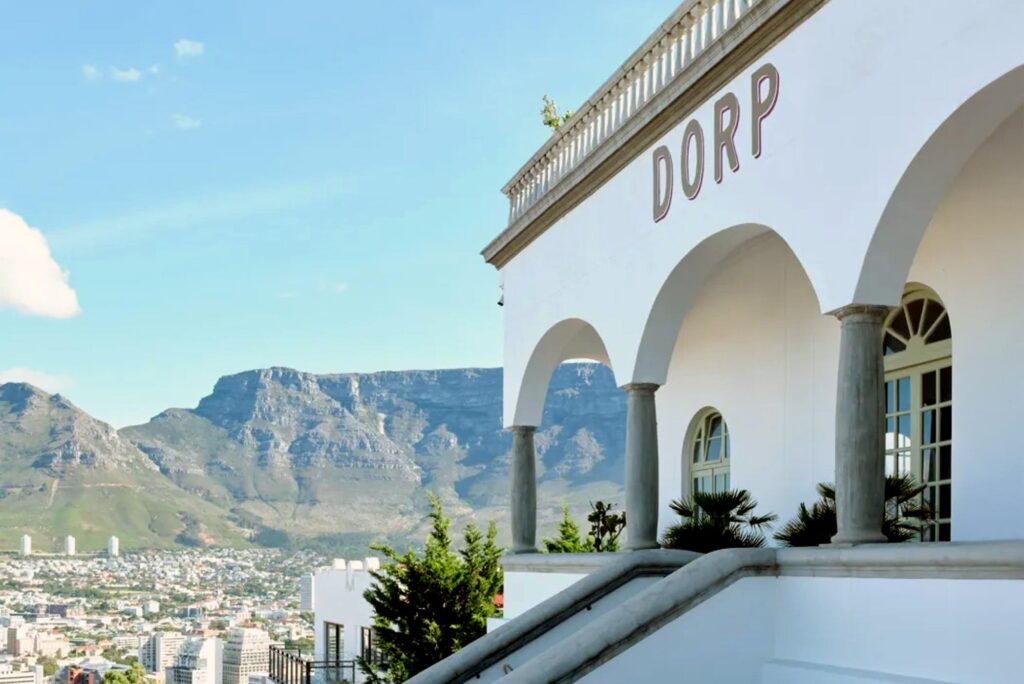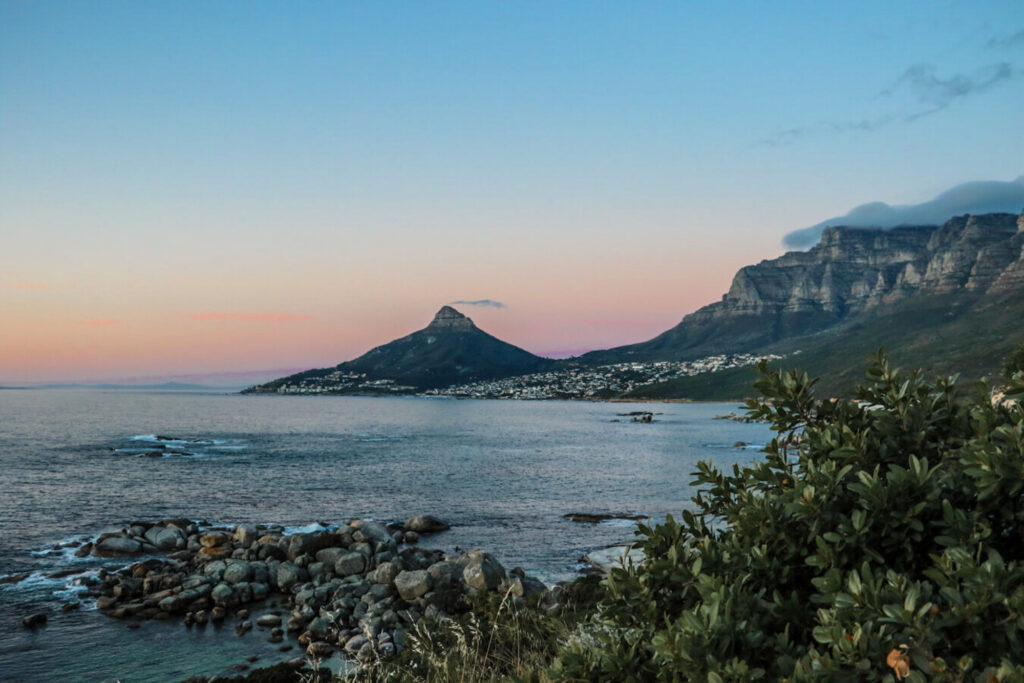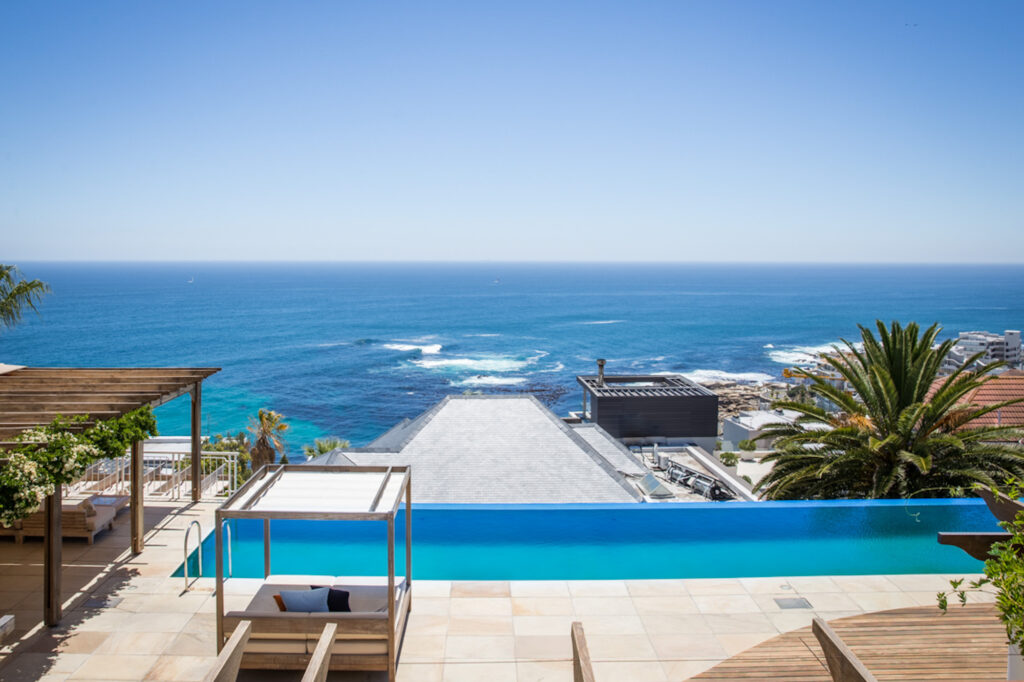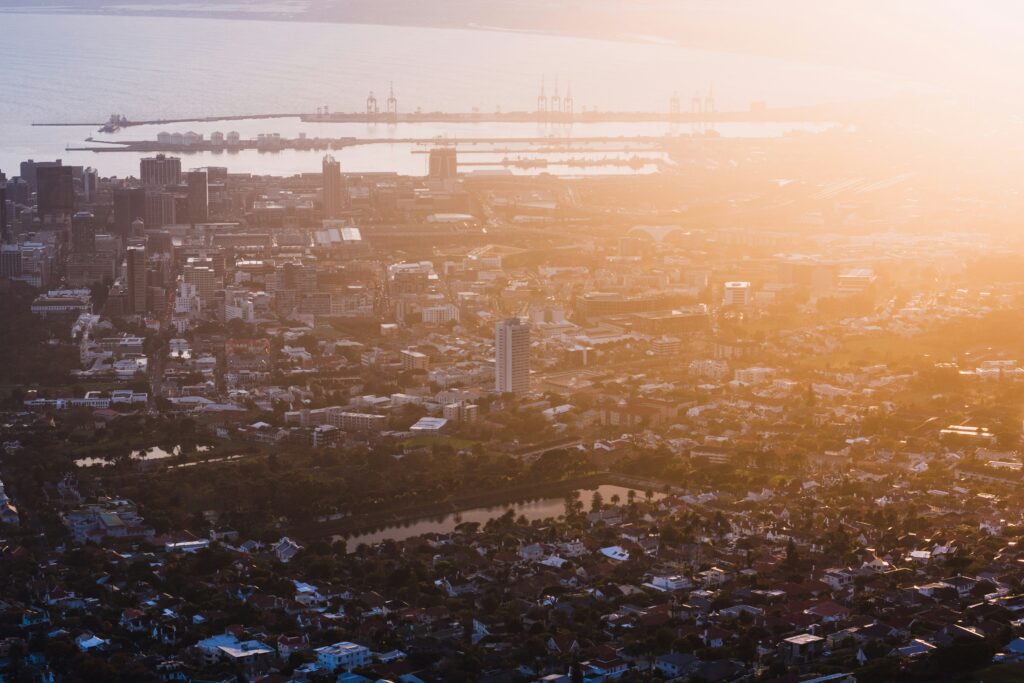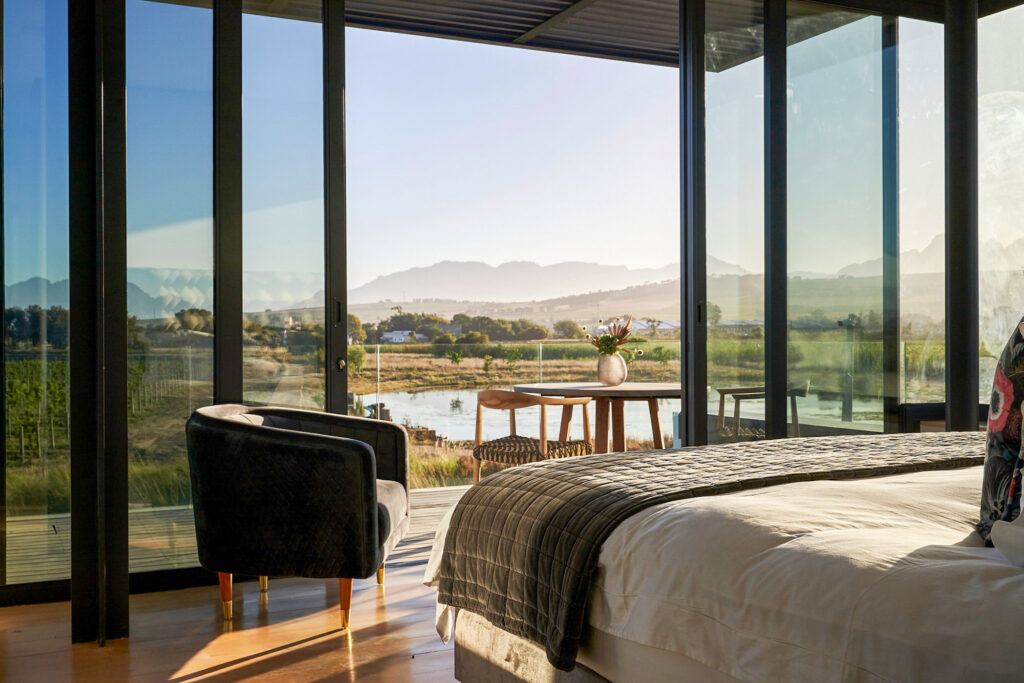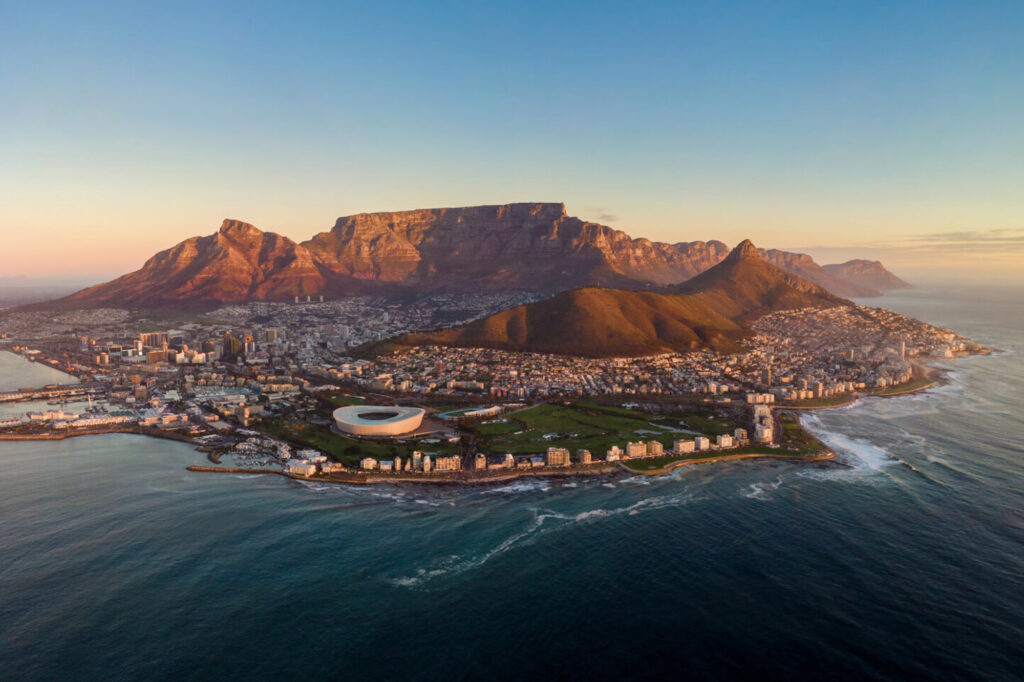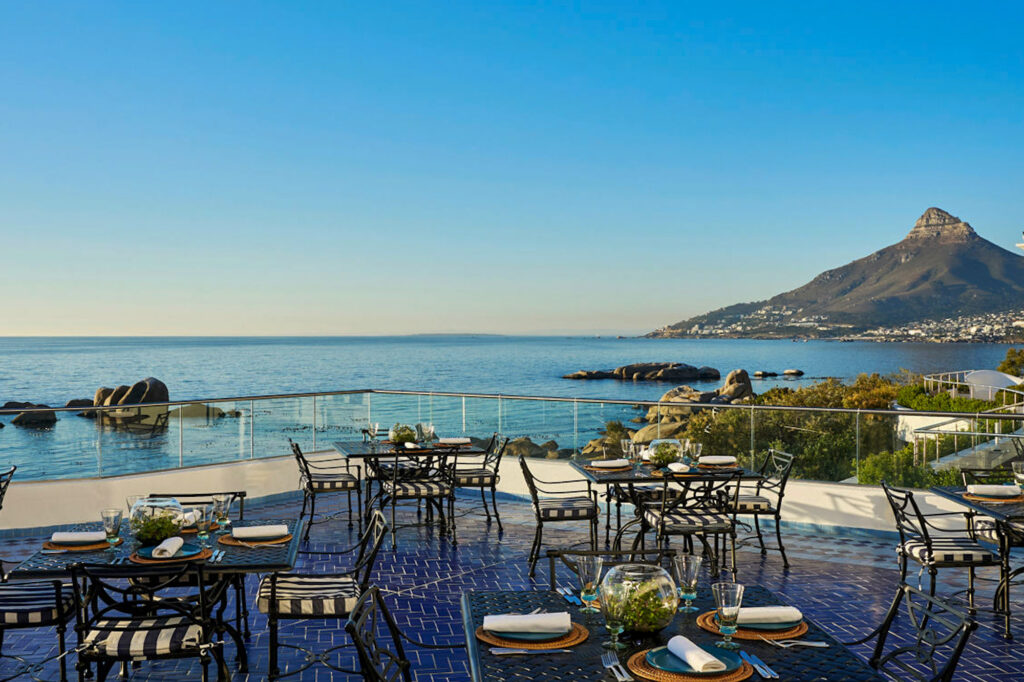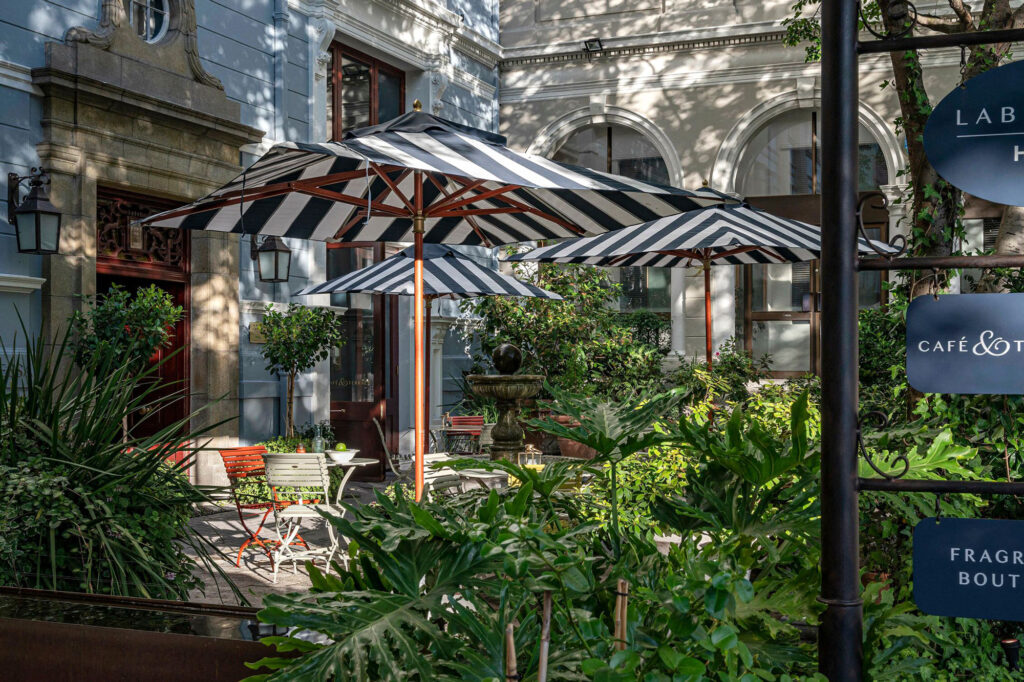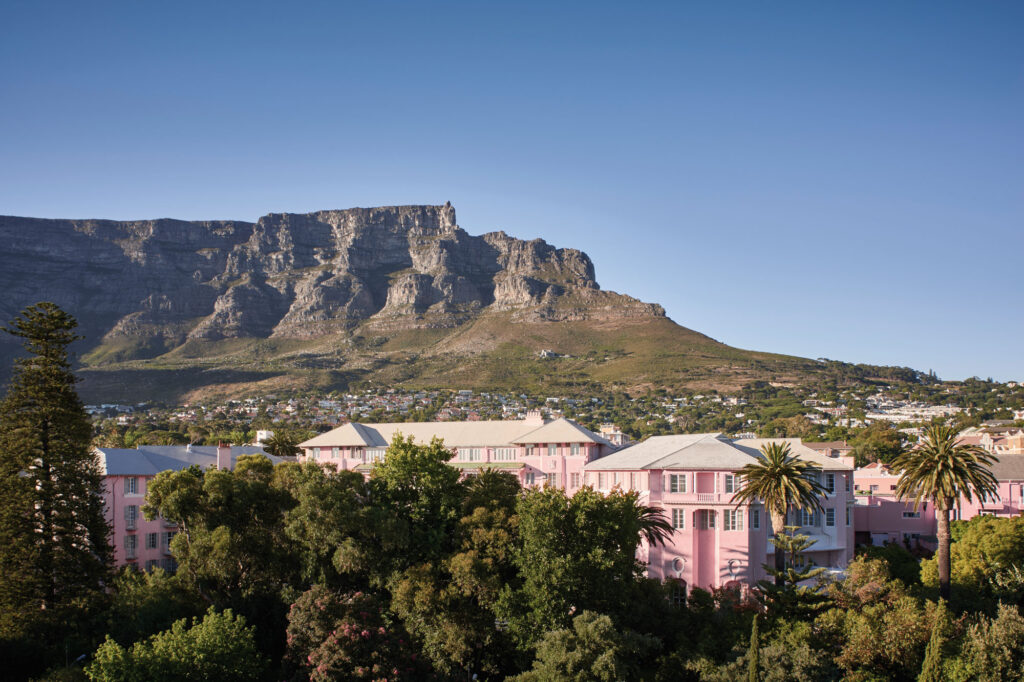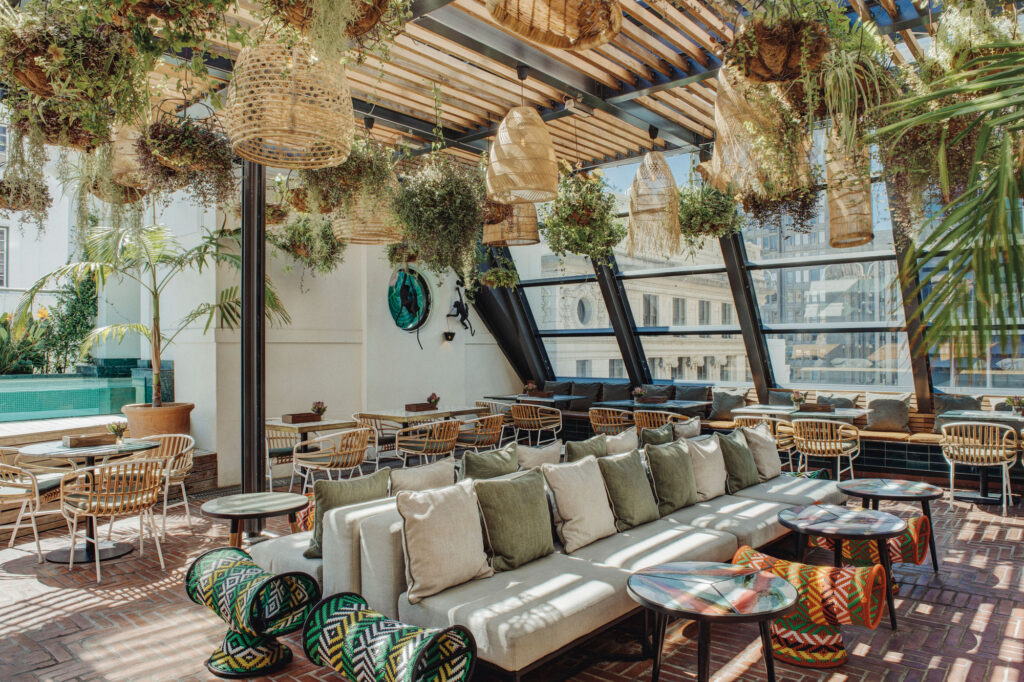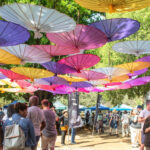
Cape Town, South Africa
Before you travel: is Cape Town a safe destination?
Southern Africa • Insider guides • Before you travel: is Cape Town a safe destination?
Your ultimate guide to safely visiting Cape Town
Every city comes with its own set of rhythms and risks and Cape Town is no exception. From the colourful streets of Bo-Kaap to the blue curves of the Atlantic, South Africa’s Mother City promises world-class scenery and bold urban energy – yet safety is something no visitor should take for granted. Over the years, Cape Town has invested heavily in tourism infrastructure and security, especially in the city’s most-visited neighbourhoods. Still, travel here is all about being informed. In this guide, we break down all you need to know about how to navigate Cape Town safely – so you can explore with confidence, find your feet fast and get the best out of Cape Town’s irresistible mix of edge and adventure.
Top photography courtesy of Wilde Vy Bistro
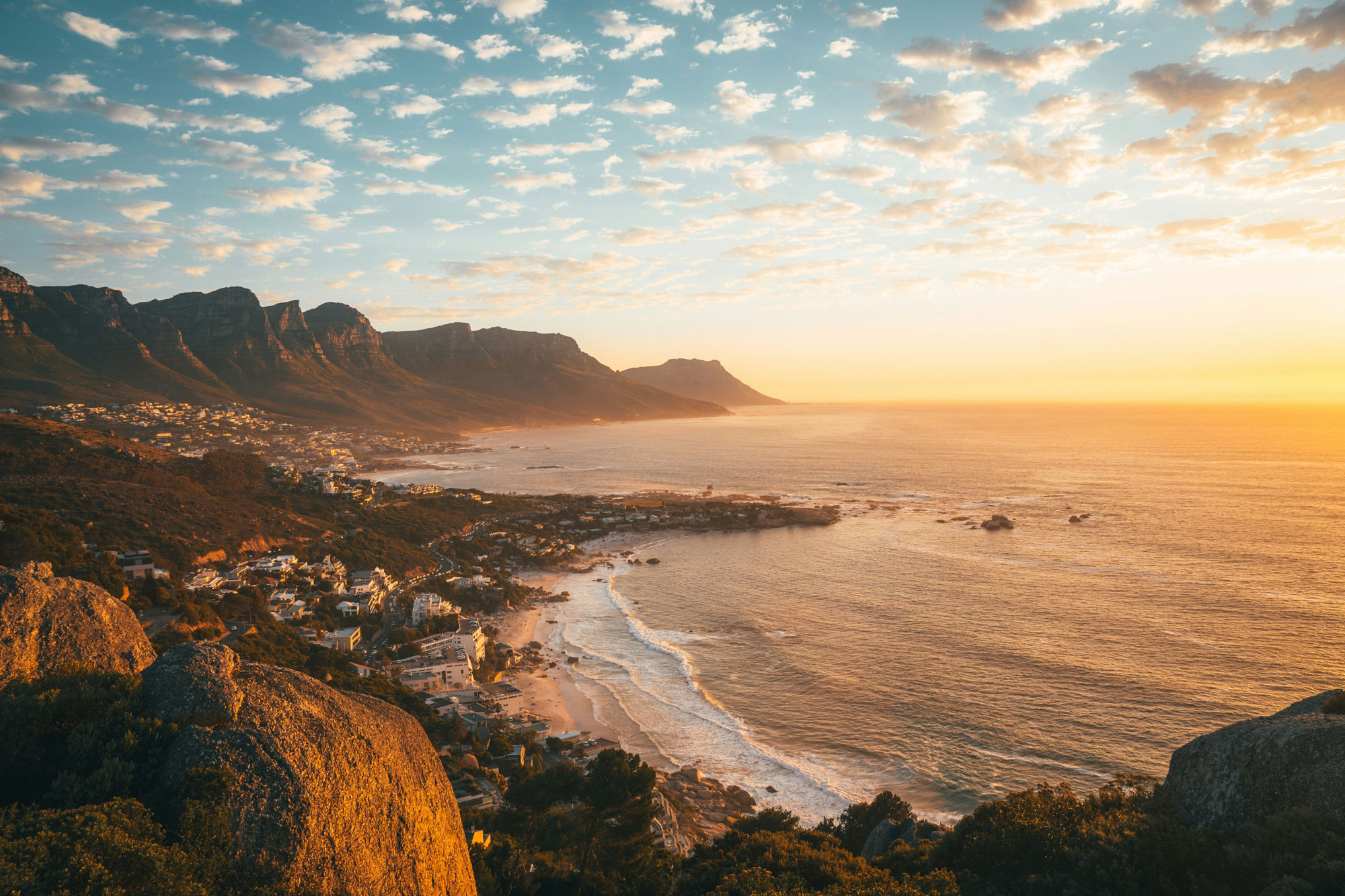
Is Cape Town safe for tourists right now?
Cape Town continues to attract visitors from around the world and for good reason – the city’s blend of natural beauty, history and cosmopolitan energy is hard to match. But whether Cape Town is a safe destination is still a fair question. The reality is layered. Tourist-centric neighbourhoods like the V&A Waterfront, City Bowl, Green Point and the Atlantic Seaboard are heavily patrolled, bustling with foot traffic and usually feel as safe as any large city. High-profile international events and ongoing tourism have meant increased security presence and better lighting in these hotspots.
However, South Africa’s broader safety statistics remain sobering. The conversation about safety is ongoing here, and every Cape Town local has a story or two, but as travellers, we’ve found it’s almost always about awareness and choosing the right places at the right times.
Violent crime rates are high in certain areas and petty crime can spike when the city’s busy. Safety here isn’t something you can opt out of thinking about. It’s part of the mental checklist, the way you’d keep your wits about you on the Paris Metro or in parts of downtown LA. The visitors who run into trouble? Nine times out of ten, it’s because they didn’t follow local advice or wandered into an area they didn’t realise was risky. So yes, it’s safe – if you stay switched on.
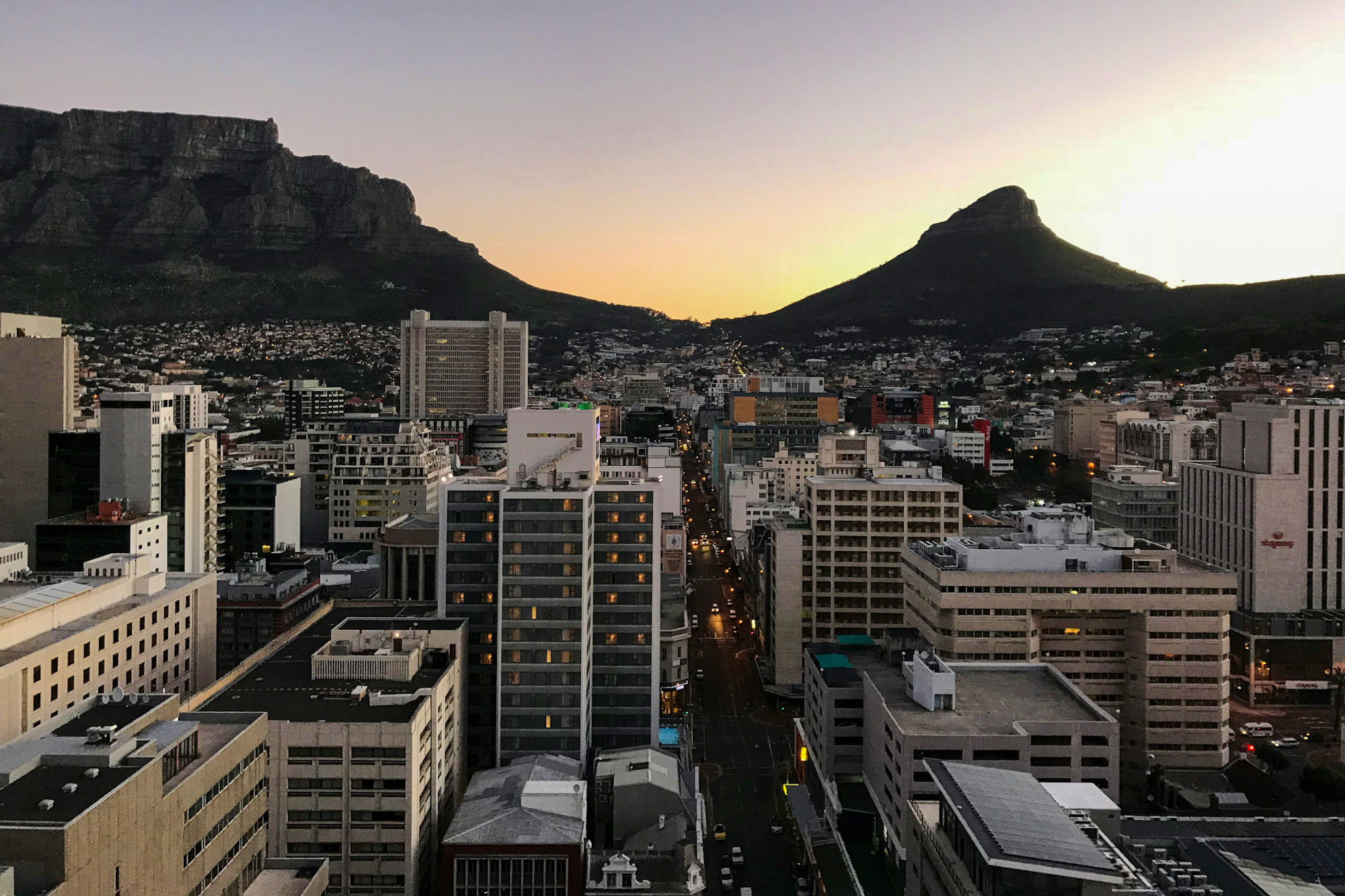
Why does Cape Town have so much visible security?
It’s impossible not to notice the high walls, the electric fences and the security signs on just about every property. For many first-timers, it’s a shock – why so much protection, if things are as safe as people say? The answer is rooted in South Africa’s unique social history and economic divide.
Security is as much about peace of mind as it is about risk, and it’s woven into the city’s daily fabric in a way that can feel jarring at first. For locals, security measures have become background noise: they’re part of the city’s rhythm, not a constant reminder to feel afraid.
As a traveller, it’s worth knowing this upfront so the sight of barbed wire or private guards doesn’t set your nerves on edge. We’ve always found that these measures work – they keep the everyday secure so people can get on with living (and exploring).
In the spaces where you’ll spend your time – hotels, restaurants, shops – security is unobtrusive but ever-present, and in our experience, it adds to the sense of ease rather than detracting from it.
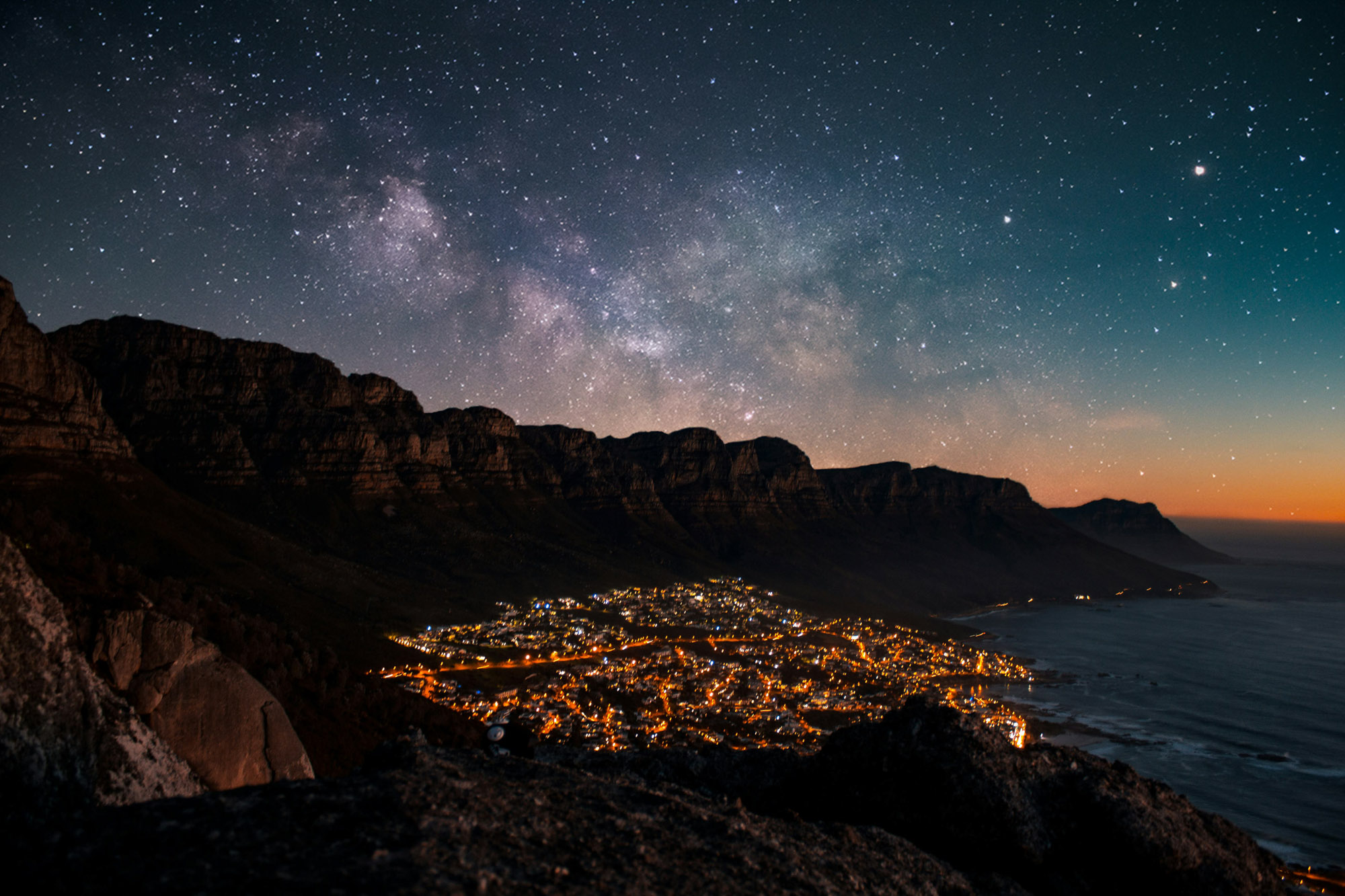
What are the main safety concerns for visitors in Cape Town?
Theft
Petty theft remains the biggie, especially if you’re walking with your phone out or leaving a bag visible in a rental car (a mistake we made once – lesson learned).
Vehicle-related theft, including smash-and-grab incidents at traffic lights, is another risk – drivers are advised to keep windows up, doors locked and valuables out of sight.
Violent Crime
Violent crime is a reality in Cape Town, but it’s rarely directed at tourists in the main visitor zones. That said, there are rare cases of robbery and mugging, especially after dark or in quieter, less-policed parts of the city.
If you’re hiking Table Mountain or Lion’s Head, the main concern is opportunistic theft at trailheads or isolated sections – always hike with a group or with a local guide.
Scams
Scams can also crop up – avoid help from strangers at ATMs, only use licensed taxis or reputable ride-share apps and be wary of unofficial tour operators offering deals.
One practical tip from us – Uber and Bolt are a godsend here, not just for the convenience, but because they’re affordable enough to use all day, every day, without blowing your budget. In fact, the ease of hopping into an Uber for a quick ride across town makes nights out, early-morning hikes, and even airport runs much less stressful. If you keep your plans public, listen to your hosts, and use common sense, Cape Town is as approachable as any major city you’ve travelled to.
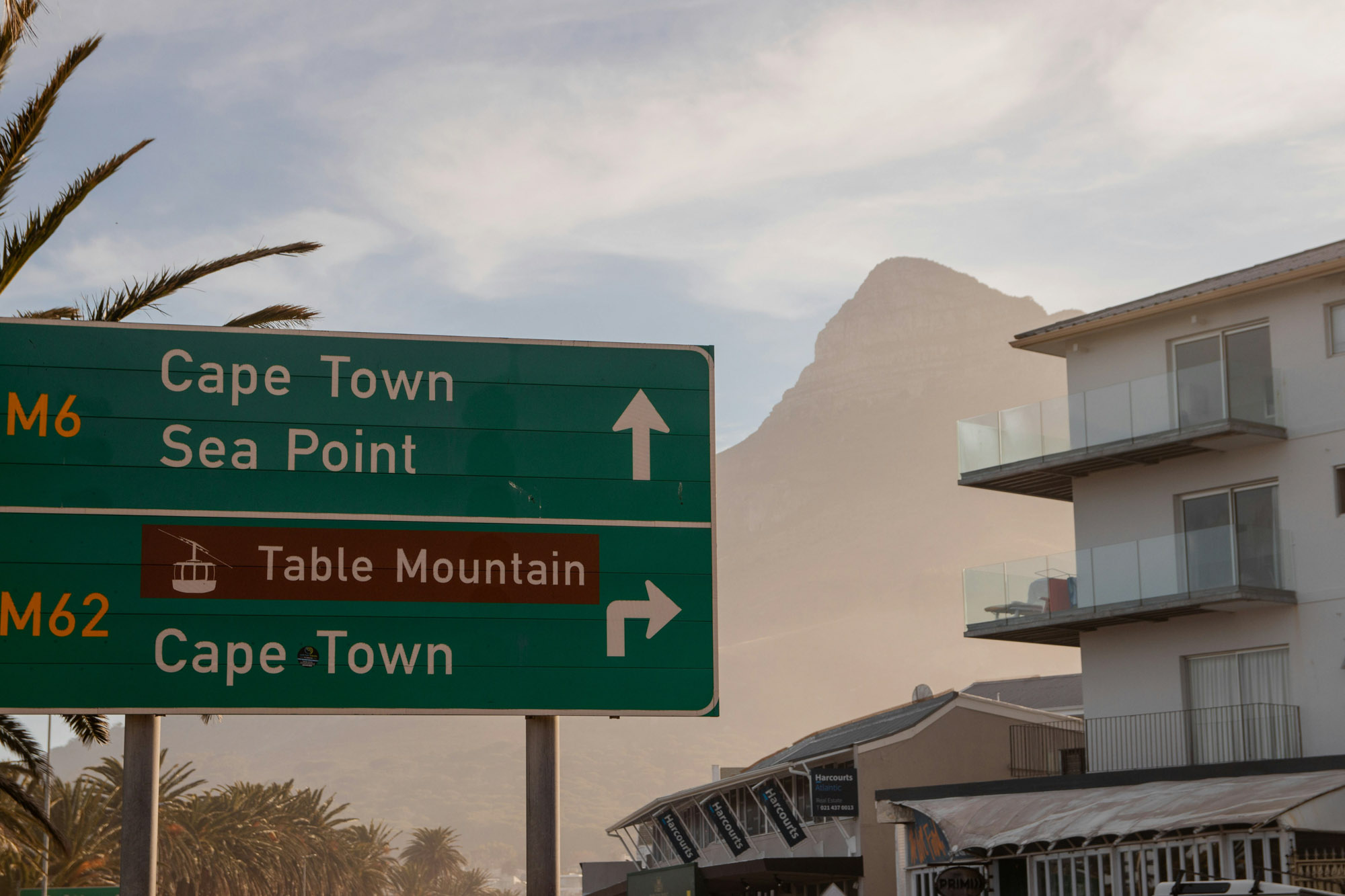
Which areas in Cape Town are considered safest for tourists?
When it comes to peace of mind, certain pockets of Cape Town offer a well-earned reputation for safety. The V&A Waterfront tops the list – not only is it packed with restaurants, shops and attractions, but it’s also under near-constant CCTV and security patrol.
Central areas
The leafy streets of Gardens, Oranjezicht, Tamboerskloof and De Waterkant are also popular areas for both locals and visitors seeking a safe and secure location.
Against the coast
The Atlantic Seaboard – Sea Point, Green Point, Mouille Point, Clifton and Camps Bay – is known for its walkability, even at dusk and most hotels and Airbnbs here have gated entry or 24-hour security.
The winelands
The city’s winelands suburbs (Constantia, Bishopscourt) are also prized for their tranquillity and safety, with residents investing in private security companies that patrol the area. In short, the places tourists tend to stay and play are generally the safest, but it’s always worth confirming with your accommodation for up-to-date neighbourhood tips, as urban dynamics can change from year to year.
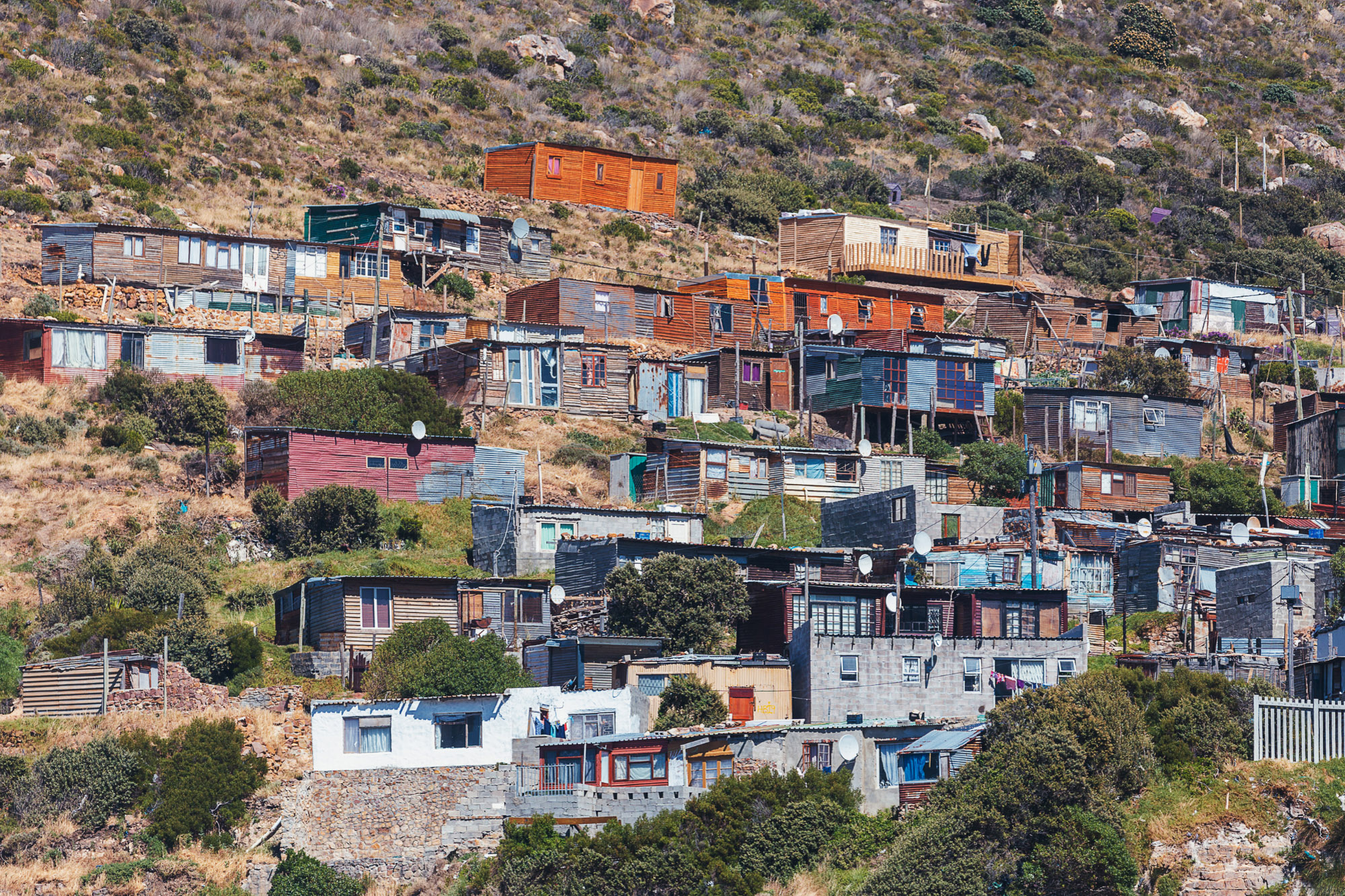
Are there areas tourists should avoid in Cape Town?
Most Capetonians will tell you straight – don’t go wandering into the Cape Flats or townships alone. Not because they aren’t culturally rich, but because the risks are real and locals themselves are cautious.
The townships and Cape Flats districts – Khayelitsha, Gugulethu, Nyanga, Mitchell’s Plain, Manenberg, Hanover Park and Philippi – are culturally significant but statistically far riskier for violent crime and gang activity.
How to experience these areas safely
That said, township tours with trusted operators offer important perspectives and can be safe, insightful experiences. Just don’t freelance it. Areas east of the central station, some corners of Woodstock, or parts of Observatory can feel edgy after dark – even if they’re full of charm by day. When locals say don’t take the train or avoid certain shortcuts, they’re not being dramatic – it’s rooted in lived experience.
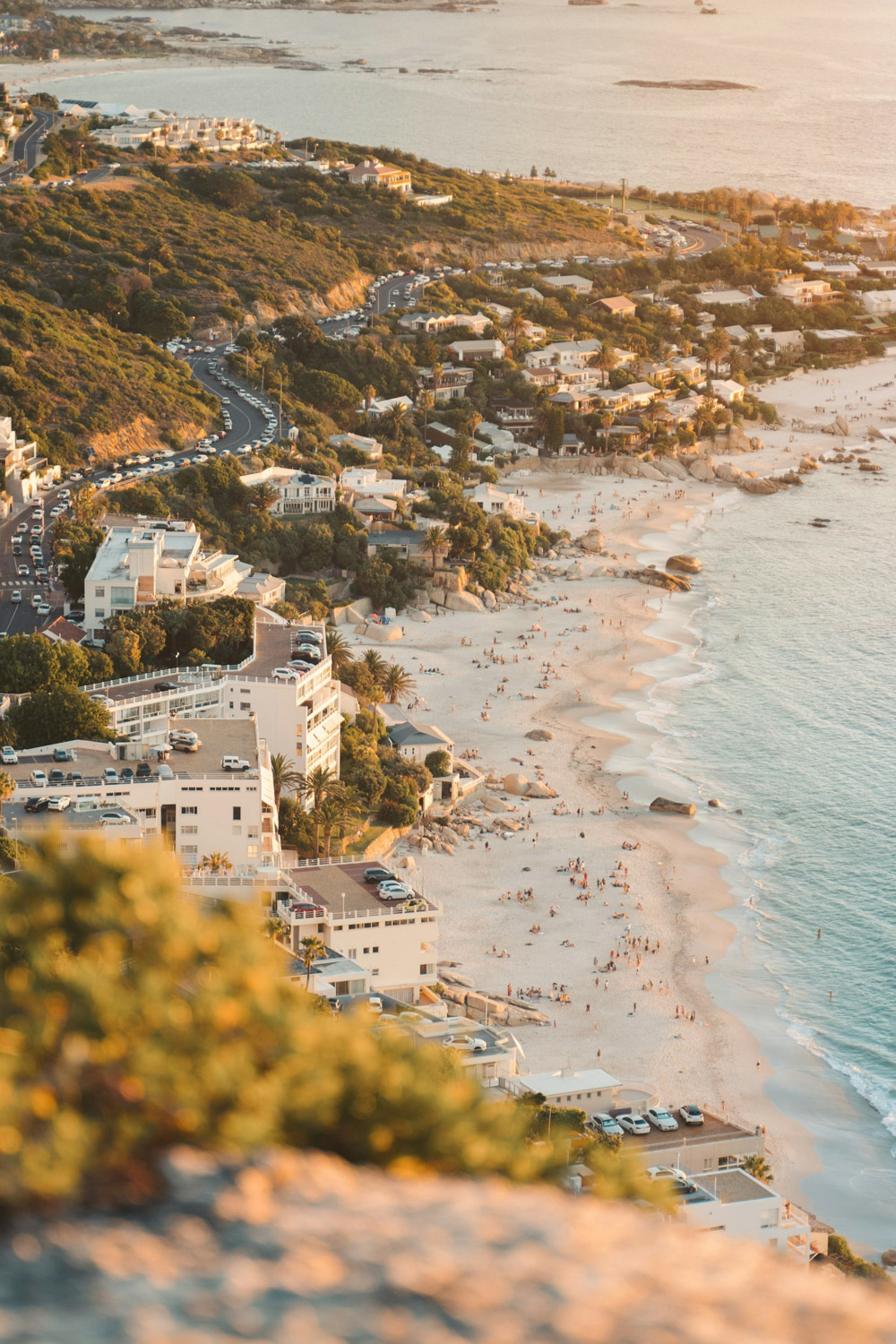
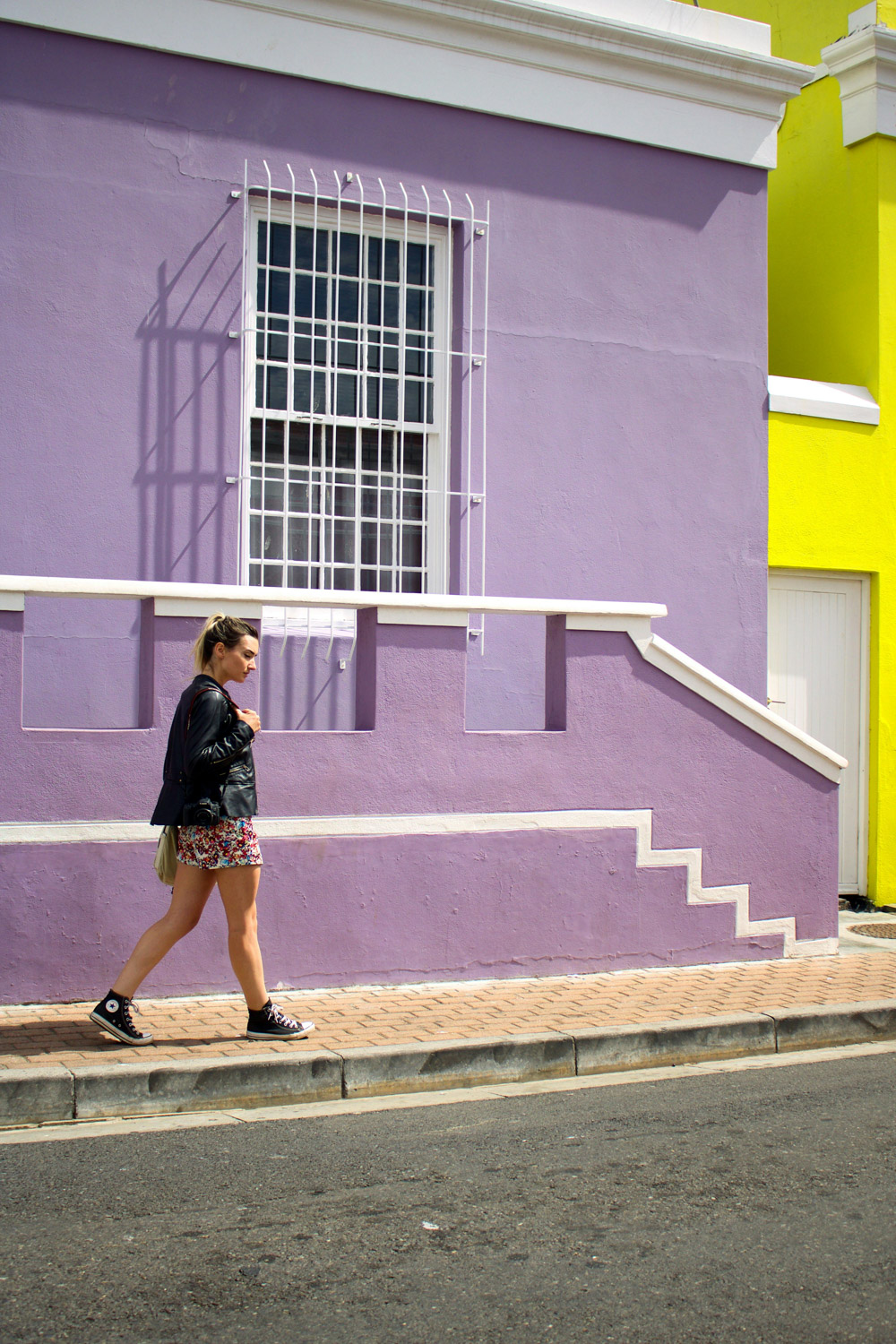
How safe is it to walk around Cape Town during the day and at night?
During the day
Walking around Cape Town during daylight hours in tourist-friendly areas is generally safe and enjoyable. The city’s pavements are filled with runners, dog walkers and café-goers. The Sea Point Promenade and the Company’s Garden are lively and most people feel comfortable exploring on foot. That said, always be aware of your surroundings – avoid flaunting phones or jewellery and stick to well-trafficked routes.
After sunset
Things shift after sunset – even in safe areas, it’s wise to use Uber or Bolt instead of walking, especially if you’re alone or unfamiliar with the area. The city centre, Kloof Street, Long Street and the beach road in Camps Bay and Sea Point get crowded at night – great for the vibe, but keep your bag zipped and your drink in sight. If you’re staying in a quieter neighbourhood, arrange for your host or hotel to call you a taxi or ride-share after dinner or drinks. Most locals don’t walk after dark unless it’s just a short hop in a busy zone.
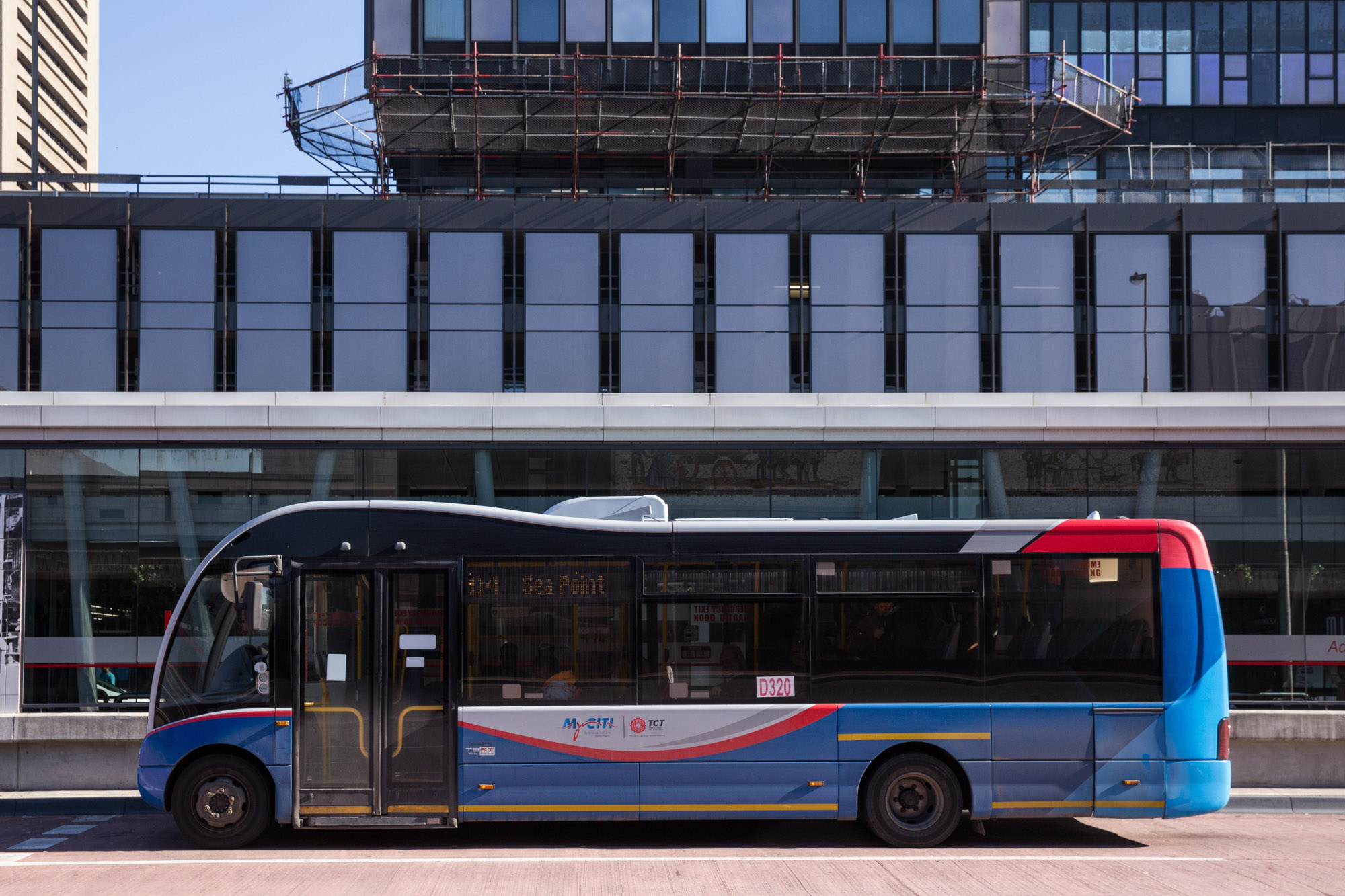
Is public transport safe for tourists in Cape Town?
Public transport
Cape Town’s MyCiTi bus system is one of the safest and most reliable public options for tourists, covering key areas from the Waterfront to Table View and the airport. These buses are well-maintained, regularly patrolled and offer cashless payment via a preloaded card. Minibus taxis, while a cultural staple, aren’t recommended for visitors due to erratic driving and occasional confrontations.
E-hailing services or self drive
We highly recommend making use of Uber and Bolt – reliable e-hailing services that are GPS-tracked and have strong safety protocols (including driver verification and route sharing). If you’re renting a car, be aware of smash-and-grab risks – don’t leave bags on seats and park in busy, well-lit lots with car guards.
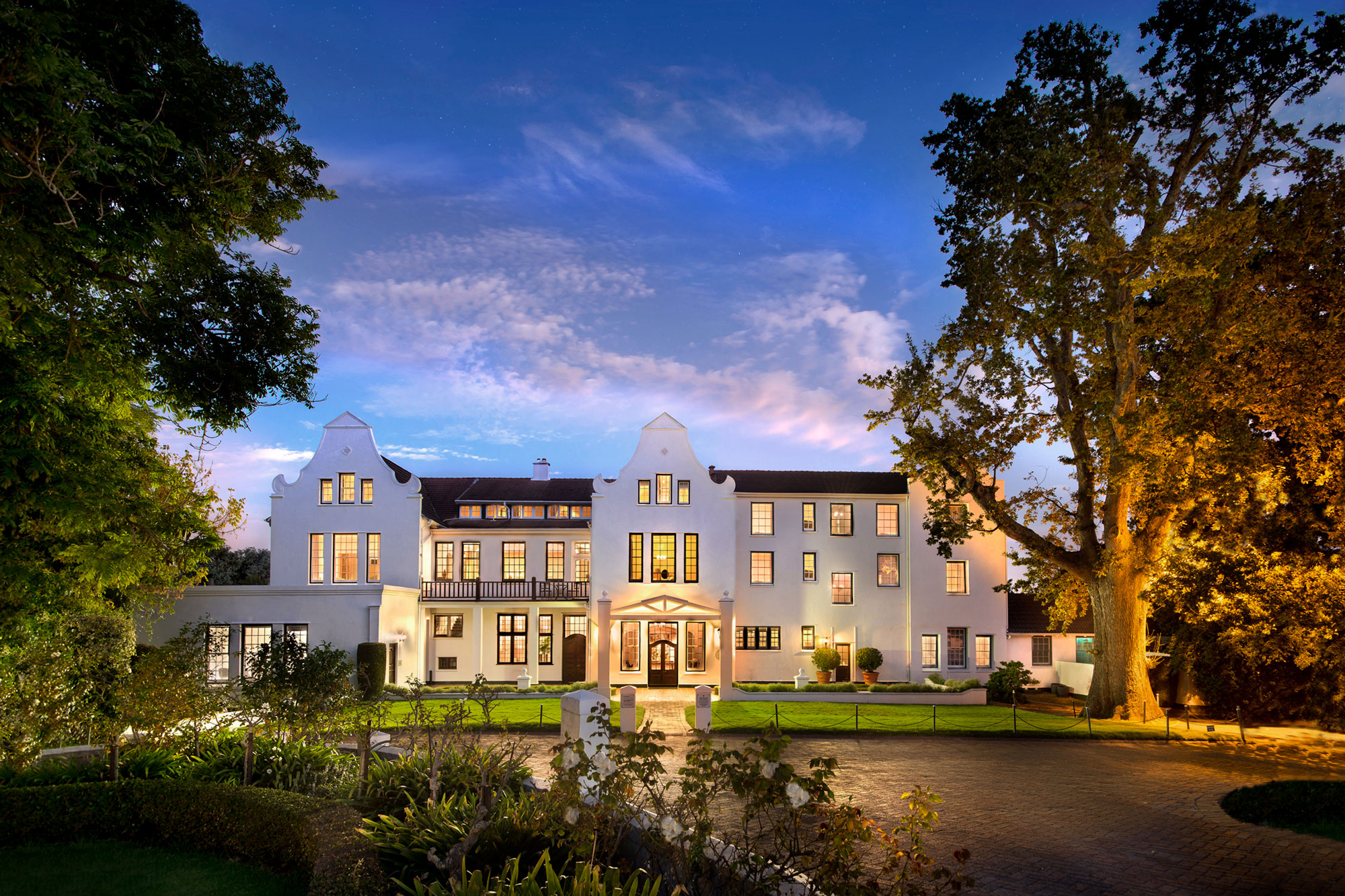
How secure are hotels and accommodation options in Cape Town?
Hotels and guesthouses in Cape Town’s tourist districts take security seriously, often featuring gated entrances, CCTV, access cards or guards and clear safety instructions in every room. Major hotels like the One & Only, Mount Nelson and Radisson Blu have their own dedicated security staff and guest services who can assist with emergencies at any hour.
Boutique hotels and luxury Airbnbs in the Atlantic Seaboard or City Bowl usually have alarm systems, secure off-street parking and sometimes neighbourhood patrols. Before booking a private rental, check the latest reviews for any mention of safety and confirm the presence of basic security features. It’s also common practice for front desks or hosts to offer practical advice on which streets or routes to avoid, how to order a reliable taxi and what to do in case of power outages (load shedding) or water restrictions.
Photography courtesy of The Cellars Hohenort Hotel

What should I do if something goes wrong?
What to do in case of an emergency
First, don’t panic – help is available. If you’re the victim of a crime, head to the nearest police station (or ask your hotel to help you get there) and file a report, which is necessary for insurance and embassy assistance. Emergency numbers in South Africa: police (10111), ambulance (10177), mobile emergencies (112). Save these on your phone before you arrive.
Help is available for lost documents and medical emergencies
For lost or stolen passports, contact your embassy or consulate right away; Cape Town hosts consular offices for the UK, USA, Germany and others. If you need medical attention, Netcare and Mediclinic are the two top private hospital groups, offering 24-hour emergency services and English-speaking staff.
Other key support avenues
For emotional support or travel assistance, most hotels have staff trained to help guests navigate emergencies and your travel insurance company will have a hotline for everything from legal help to emergency evacuation. Always keep digital copies of key documents and a local contact number in case your phone goes missing.
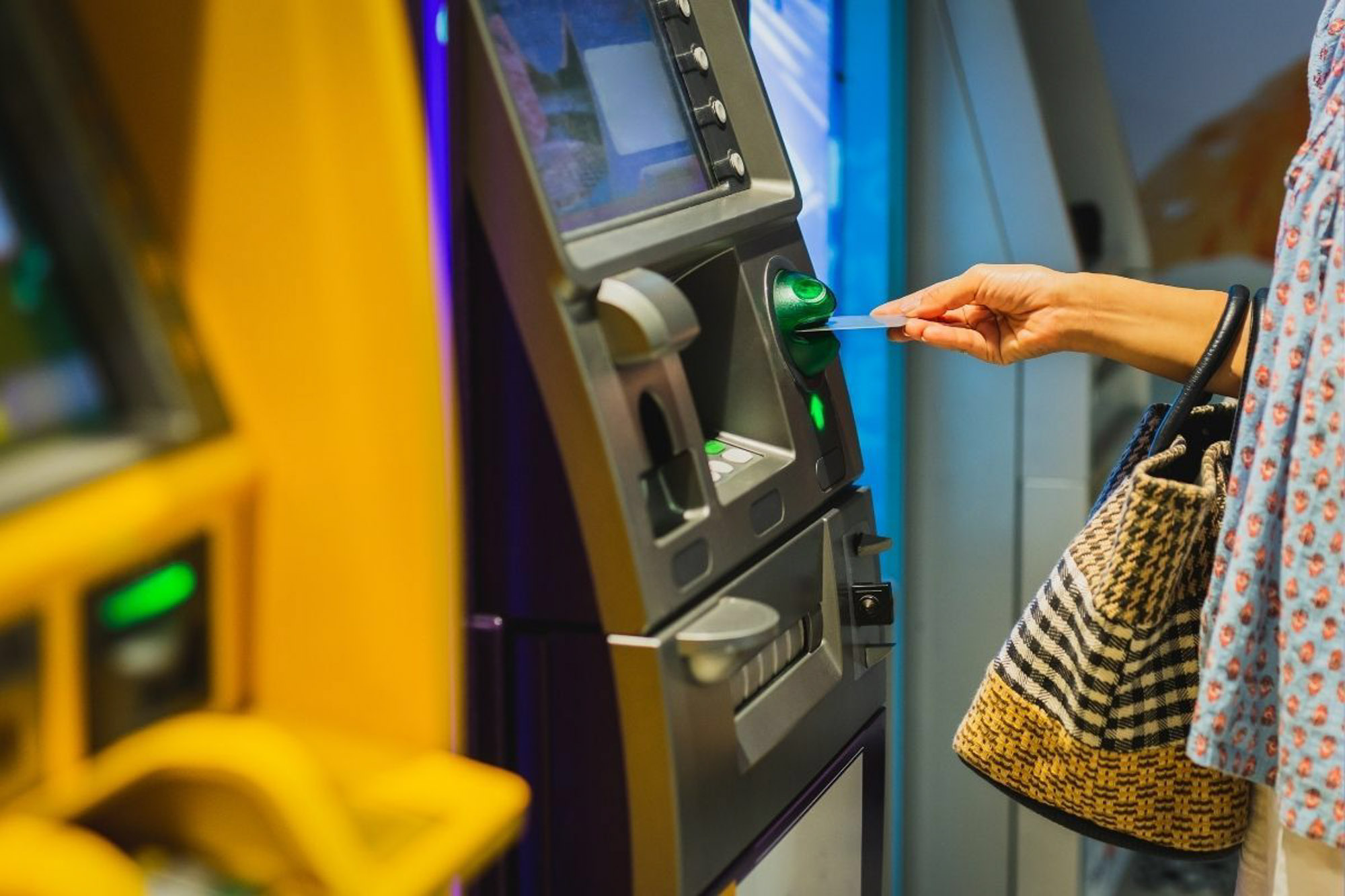
Is it safe to use ATMs and carry cash in Cape Town?
ATMs are best used in shopping malls, hotels or inside banks during business hours – avoid street-side machines or those in isolated spots. Criminals sometimes watch for unsuspecting tourists at ATMs, so shield your PIN, refuse help from strangers and never count cash in public. Carry small amounts of cash for tips and taxis, but use cards for most purchases; contactless payments are accepted almost everywhere in Cape Town. Split your money and cards between different pockets or bags and consider using a money belt or neck pouch when moving between neighbourhoods.
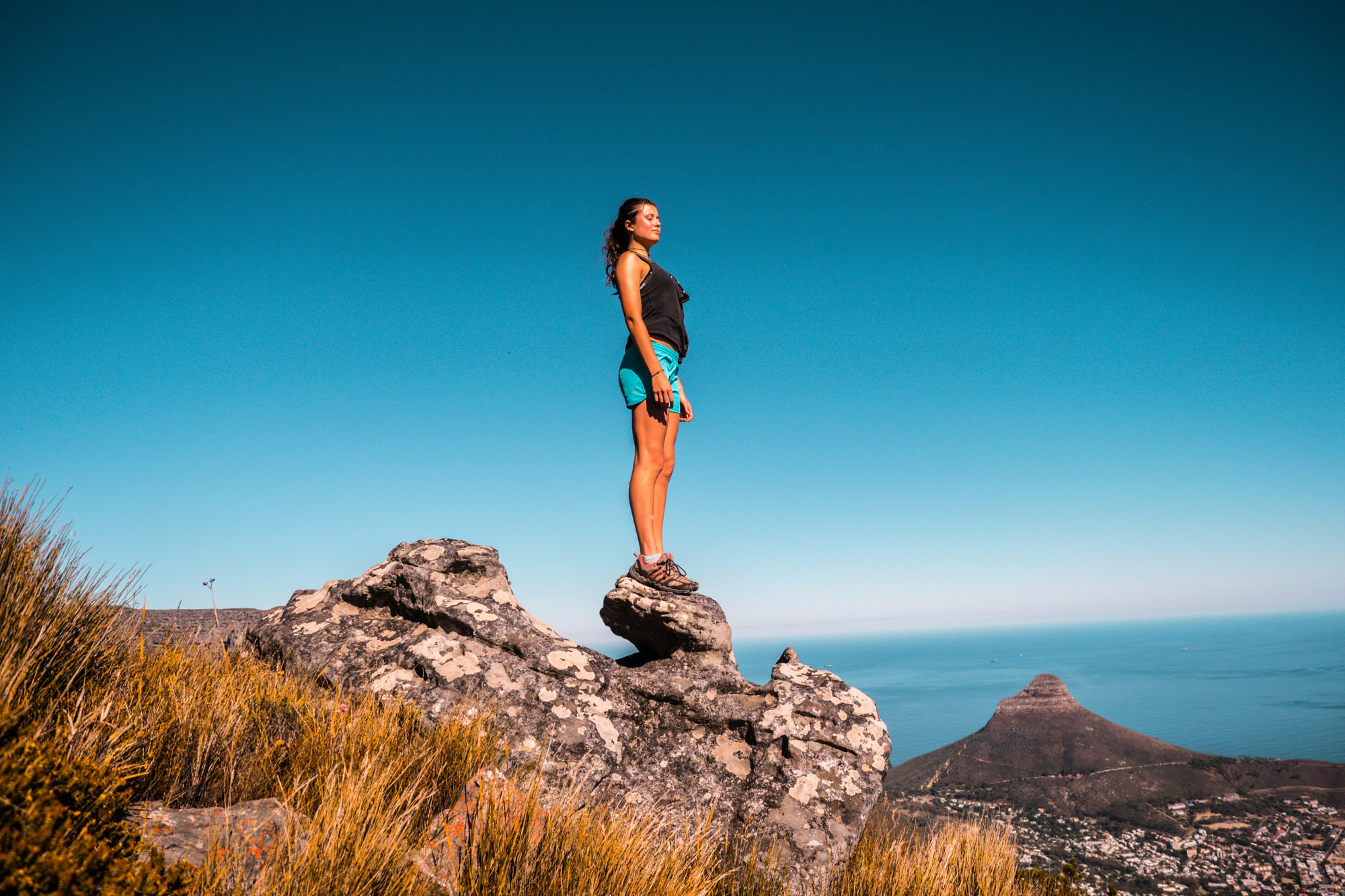
Are there safety tips for solo travellers and families?
Tips for solo travellers and families
Solo travellers, especially women, will find Cape Town as rewarding as it is in other global cities, with a bit of street smarts. Let someone know your plans, especially if you’re heading for a hike or a day trip out of town – WhatsApp sharing your live location is common. Use trusted transport at night and book reputable tours for day trips. For families, Cape Town is wonderfully kid-friendly, with interactive museums, beaches and the Two Oceans Aquarium, but keep an eye on kids in crowded places and always use car seats in vehicles.
How to enjoy your solo or family holiday safely
For both groups, medical care is world-class (private hospitals), but travel insurance is essential. If you’re heading to the beach, check with lifeguards about currents or jellyfish and keep hats and sunscreen handy – the sun here is fierce. Some outdoor pools and playgrounds are unsupervised, so it’s best to check first with your accommodation or host.
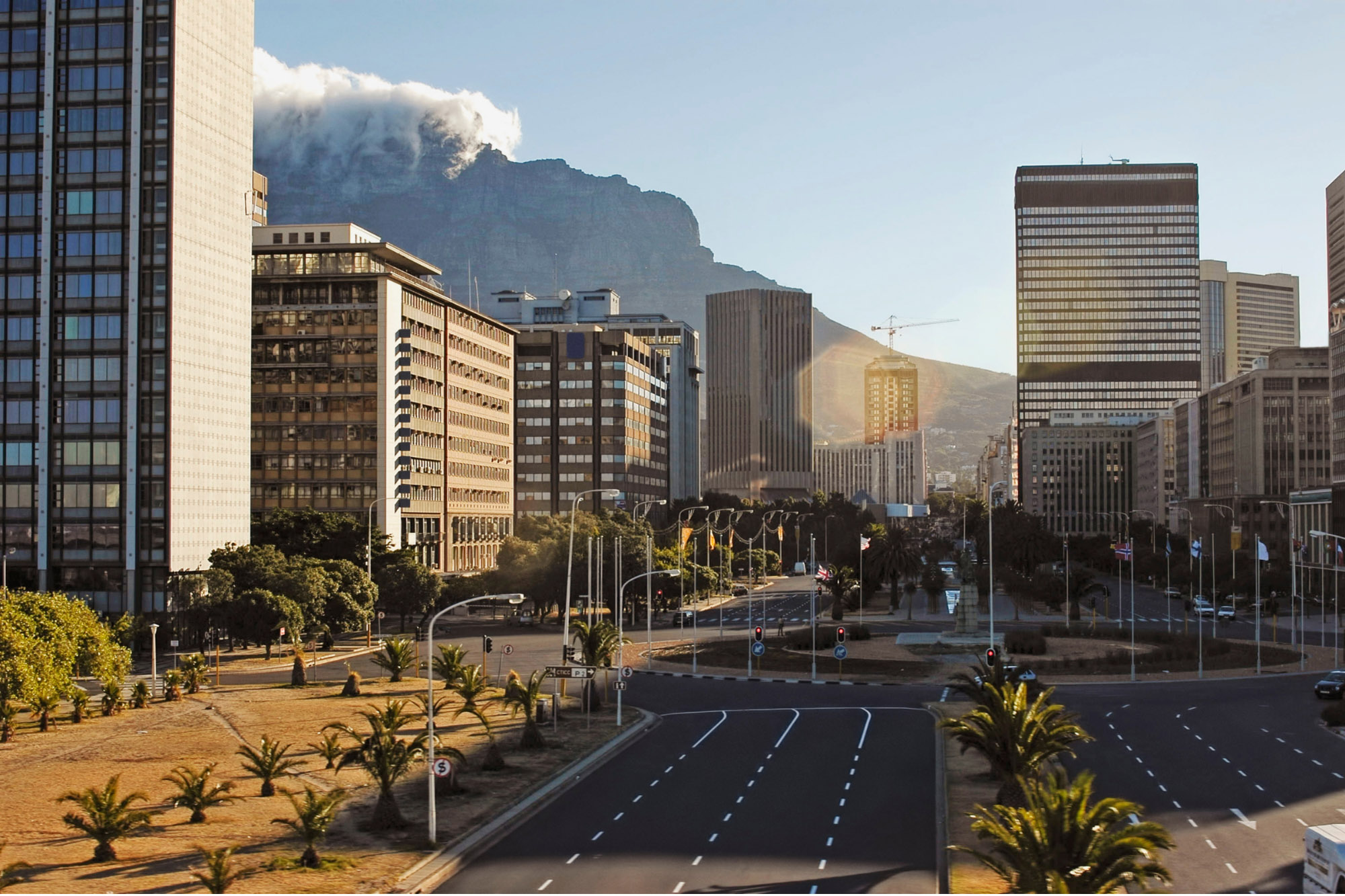
How does Cape Town compare to other major tourist destinations in terms of safety?
By global standards, Cape Town’s risks are real but manageable, comparable to Rio, Mexico City or even parts of Los Angeles, depending on where you go. The main difference is how visible and proactive safety measures are in tourist districts – private security, street cameras and neighbourhood watch schemes are everywhere. That said, Cape Town requires more situational awareness than cities like Copenhagen or Tokyo, but its rewards – nature, food, culture and warmth – are more than worth it for most travellers. Those who keep to well-travelled areas, listen to local advice and trust their instincts usually look back on their visit as both exhilarating and trouble-free.
Share this
Stay in the know
Sign up for the latest hotspot news from Southern Africa.
